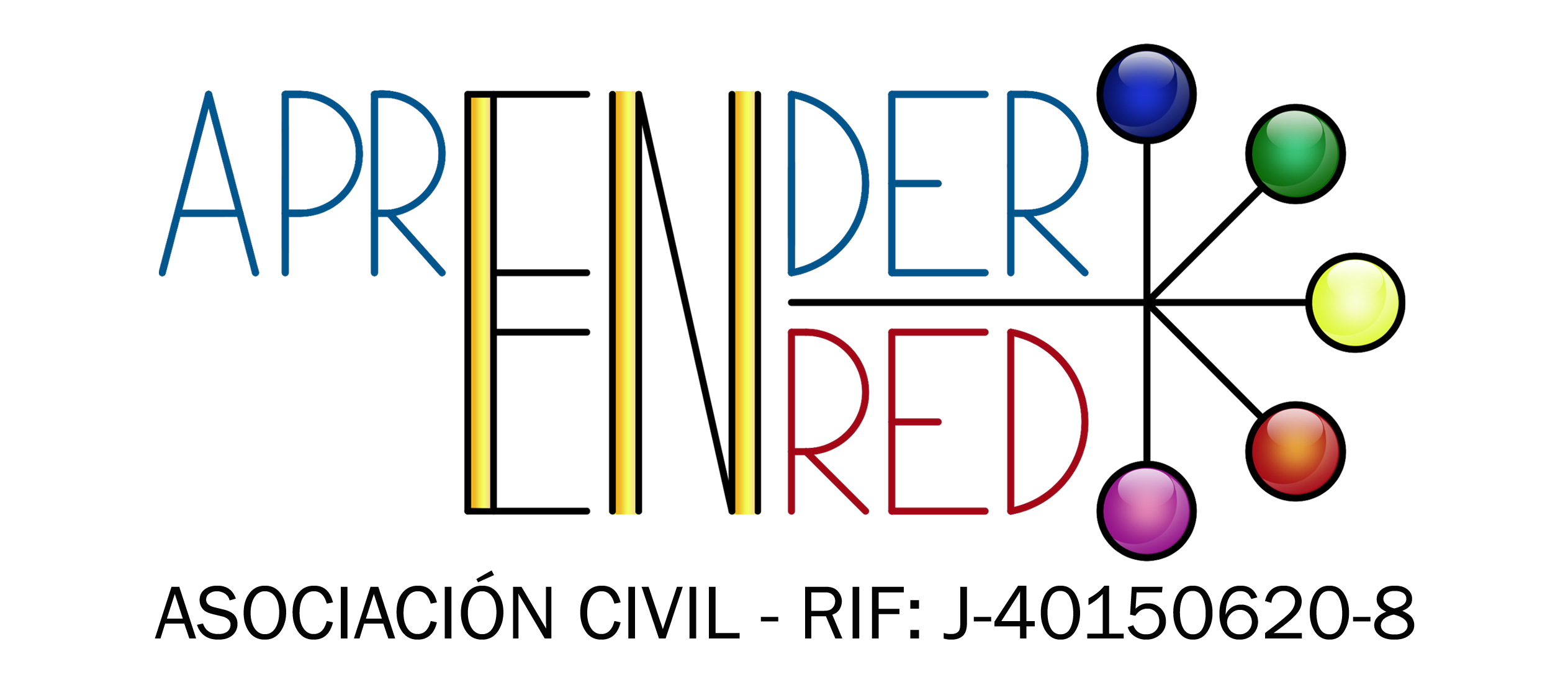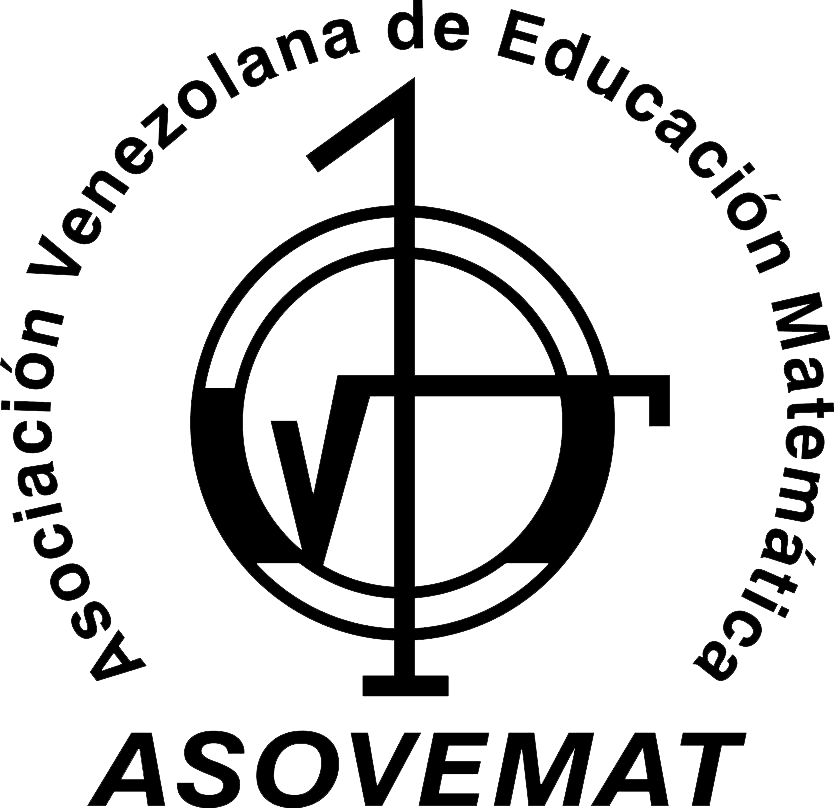Sea-ing into humanscapes and equal liberty. The sociocultural-ecological relations into mathematics education
DOI:
https://doi.org/10.54541/reviem.v3i2.83Keywords:
Sea-ing Motion Perspective, Humanscapes, Equal Liberty, Human Mathematics Relations, Counter-colonization of Mathematical KnowledgeAbstract
There are bottom-up movements imbued with different praxis into mathematics education, which promotes the combination of heterogeneous values – inserted in social participation, cultural diversity, and reconnection with the Pachamama. Such movements have been developed by collectives of thinkers constituted by members with the most diverse knowledge. Embedded in a counter-colonization resistance by a persistence of the horizontality into the educational process, this paper aims to dialogue around sociocultural-ecological connections experienced in processes of critical ethnography developed in community mathematics education of ascending movements in Brazil and Portugal. The aim is to promote a path in which an old necessity to share the human topological ontology constructed and reconstructed in five different ethnographic fields, in which both the humanscapes and the equal liberty, sea-ing in indissociable lines, evidenced the oppression of schooling mathematics knowledge over the sociocultural-ecological human relations. Such sea-ing motion is proposed as an alternative path to demystify, re-signify, or only complement, the how human being perceives itself in its surroundings and brings for the most diverse mathematics education processes – formal_informal_non-formal, the importance of the situationality of the apprentice as well as the relevance of the intellectual justice towards equitable societies.
Downloads
Metrics
References
Balibar, E. (2011). Politics and the Other Scene. Verso.
Betto, F. (2006). A mosca azul: reflexões do poder. Rocco.
Bishop, A. J. (1990). Western mathematics: the secret weapon of cultural imperialism. Race and Class, 32(2), 51-55. https://doi.org/10.1177/030639689003200204
Bishop, A. J. (1999). Enculturación matemática: la educación matemática desde una perspectiva cultural. Paidós.
Boff, L. (2002). A águia e a galinha – Uma metáfora da condição humana (39.a ed.). Editora Vozes.
Borda, O. F. (2022). Por la praxis: el problema de cómo investigar la realidad para transformarla. Espacio Abierto, 31(1), 193-221.
Bosco, J., & Blanc, A. (1976). O ronco da Cuica. In Galos de Briga [Audio recording]. RCA Records.
Bourdieu, P. (1980). Le sens pratique. Le edition des Minuit.
Bruner, J. (1985). Actual minds, possible worlds. Harvard University Press. https://doi.org/10.4159/9780674029019
Cardozo, I. (2011). (Ed.). Etnozoneamento paiterey garah: terra indígena sete de setembro. Kanindé – Associação de Defesa Etnoambiental.
D’Ambrosio, U. (2002). Etnomatemática – Elo entre as tradições e a modernidade (2.a ed.). Autêntica.
D’Ambrosio, U. (2014). À guisa do prefácio. In Fronteiras Urbanas. Ensaio sobre a humanização do espaço. Anonymage / Lisboa: Universidade de Lisboa.
Demaria, F., Schneider, F., Sekulova, F., & Martinez-Alier, J. (2013). What is Degrowth? From an activist slogan to a social movement. Environmental Values, 22(2), 191-215. https://doi.org/10.3197/096327113X13581561725194
Durkheim, E. (1995) Formes élémentaries de la vie religieuse. Free Press.
Franco, S. (2012). A diversidade dialogante num processo educativo indígena. Observações num curso de etnomatemática [master’s thesis, University of Lisbon]. Repository of the University of Lisbon. https://repositorio.ul.pt/handle/10451/8118
Franco, S. (2022). Environmental communitarian education. Collaborative actions to an integral sustainable coastal development [doctoral dissertation, University of Lisbon]. Repository of the University of Lisbon. http://hdl.handle.net/10362/149950
Freire, P. (1970). Pedagogia do oprimido. Paz e Terra.
Freire, P. (1993). Prefácio à edição brasileira. In: Snyders, Georges. Alunos felizes. Paz e Terra, pp. 9-10.
Geertz, C. (1978). A interpretação das culturas. Zahar Editors.
Harley, J. (1989). Deconstructing the map. Cartographica, 26(2), 1-20. https://doi.org/10.3138/E635-7827-1757-9T53
Harvey, D. (1989). The condition of postmodernity. Oxford University Press.
Ingold, T. (2011). Being alive: essays on movement, knowledge and description. Routledge.
Ingold, T. (2022). On not knowing and paying attention: how to walk in a possible world. Irish Journal of Sociology, 31(1), 20-36. https://doi.org/10.1177/07916035221088546
Keesing, F. (1961). Antropologia cultural. A ciência dos costumes (vol. 4). Editora Fundo de Cultura.
Kothari, A., Salleh, A., Escobar, A., Demaria, F., & Acosta A. (2019). (Eds.). Pluriverse. A post-development dictionary. Tulika Books.
Krenak, A. (2022). Futuro ancestral. Companhia das Letras.
Lacan, J. (1991). O Seminário livro XVII, o avesso da psicanálise. Jorge Zahar Editor.
Laraya, R. (2001). Cultura: um conceito antropológico (14.a ed.). Jorge Zahar Editor.
Lewin, K. (1946). Action research and minority problems. In G. W. Lewin (Ed.), Resolving social conflicts, selected papers on group dynamic (pp. 143-152). American Psychological Association. https://doi.org/10.1037/10269-013
Libanio, J. (1979). Formação da consciência crítica: Subsídios sócio-analíticos (vol. 2). Vozes.
Mauss, M. (2003). Sociologia e antropologia. Cosac e Nayfi.
Mead, G. (1967). Mind, self, and society: from the standpoint of a social behaviorist. University of Chicago Press. https://doi.org/10.7208/chicago/9780226516608.001.0001
Meadows, D., Meadows, D., Randers, J., & Behrens, W. (1972). The limits to growth. A report for club of Rome’s project on the predicament of mankind. Universe Book. https://doi.org/10.1349/ddlp.1
Mesquita, M. (2008). Children, space, and the urban street: an ethnomathematics posture [doctoral dissertation, NOVA University of Lisbon]. Repository of the NOVA University of Lisbon. https://run.unl.pt/bitstream/10362/2301/1/Mesquita_2008.pdf
Mesquita, M. (2016). The ethnomathematics posture as a political blow: unveiling the mysticism of five rhythms present in communitarian mathematics education. International Journal for Research in Mathematics Education, 6(1), 92-111.
Mesquita, M., Pais, A., & François, K. (2014). Communitarian Mathematics Education. Walking into boundaries. Em Teia | Revista de Educação Matemática e Tecnológica Iberoamericana, 5(1). https://doi.org/10.36397/emteia.v5i1.2211
Mesquita, M., Restivo, S., & D’Ambrosio, U. (2011). Asphalt children and city streets – A life, a city, and a case study of history, culture, and Ethnomathematics in São Paulo. Sense Publisher. https://doi.org/10.1007/978-94-6091-633-5
Mills, W. (1959). The sociological imagination. Oxford University Press. https://doi.org/10.2307/1891592
Restivo, S. (1983). The social relations of physics, mysticism, and mathematics. Serie Epsteme. D. Reidel Publishing Company. https://doi.org/10.1007/978-94-009-7058-8
Rockström, J., Steffen, W., Noone, K., Persson, A., Chapin, F. S., Lambin, E. F., Lenton, T. M., Scheffer, M., Folke, C., Schellnhuber, H. J., Nykvist, B., De Wit, C. A., Hughes, T., van der Leeuw, S., Rodhe, H., Sörlin, S., Snyder, P. K., Costanza, R., Svedin, U., … & Foley, J. A. (2009). Planetary boundaries: exploring the safe operating space for humanity. Ecology and Society, 14(2), 32. https://doi.org/10.5751/ES-03180-140232
Sá-Chaves, I. (2011). Formação, conhecimento e supervisão: contributos nas áreas da formação de professores e de outros profissionais (3.a ed.). Universidade de Aveiro.
Santos, A. (2015). Colonização, quilombos. Modos e significados. INCTI/Um.B.
Seemann, J. (2013). Mapas, mapeamentos e a cartografia da realidade. Revista Geografares, 4, 49-60.
Spengler, O. (1991). The decline of the west. Oxford University Press.
Surui, G. (2018). A educação indígena na educação escolar indígena por meio de projetos [máster thesis, Universidade Federal Rural do Rio de Janeiro]. Repository of the UFRRJ. https://tede.ufrrj.br/jspui/handle/jspui/4767
Tchékhov, A. (2011). Contos. Relógio D’Água Editores.
Thomas, J. (1993). Doing critical Ethnography. Sage Publishing. https://doi.org/10.4135/9781412983945
Tylor, E. B. (1883). Primitive culture; research into the development of mythology, philosophy, religion, language, art and customs. Holt.
Žižek, S. (1992). Looking awry: an introduction to Jacques Lacan through popular culture. MIT Press.
Žižek, S. (2008). Violência. Relógio D’Água Editores.
Downloads
Published
How to Cite
Issue
Section
License
Copyright (c) 2023 Mônica Mesquita

This work is licensed under a Creative Commons Attribution 4.0 International License.
Authors who publish with this journal agree to the following terms:
- Authors retain copyright and grant the journal right of first publication with the work simultaneously licensed under a Creative Commons Attribution License 4.0 that allows others to share the work with an acknowledgement of the work's authorship and initial publication in this journal.
- Authors are able to enter into separate, additional contractual arrangements for the non-exclusive distribution of the journal's published version of the work (e.g., post it to an institutional repository or publish it in a book), with an acknowledgement of its initial publication in this journal.
- Authors are permitted and encouraged to post their work online (e.g., in institutional repositories or on their website) prior to and during the submission process, as it can lead to productive exchanges, as well as earlier and greater citation of published work.














